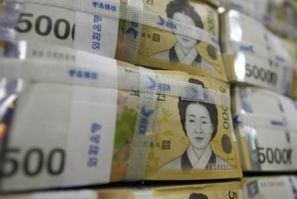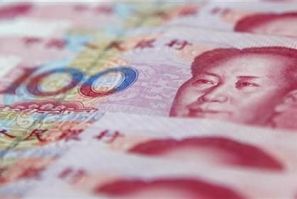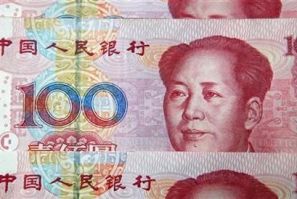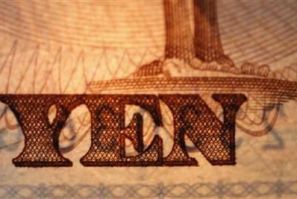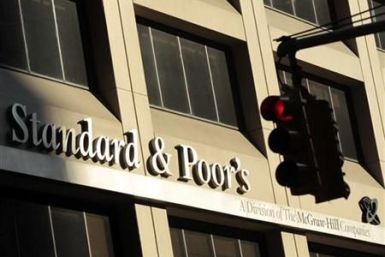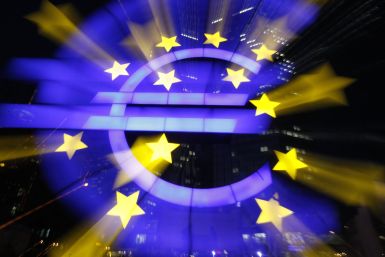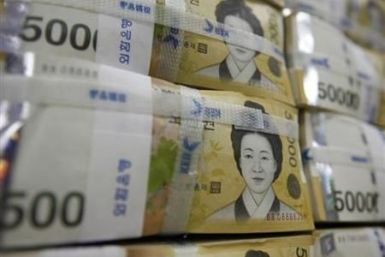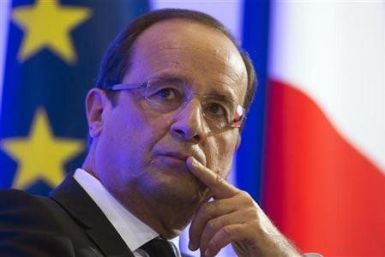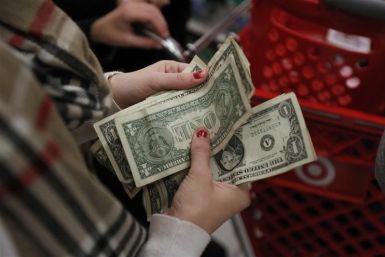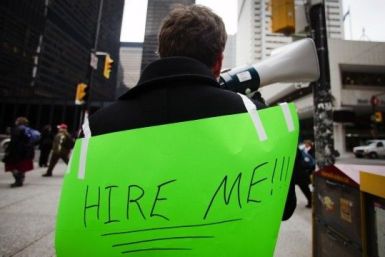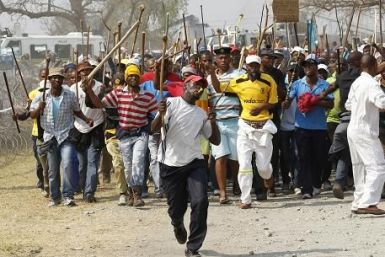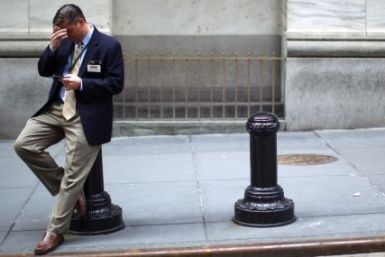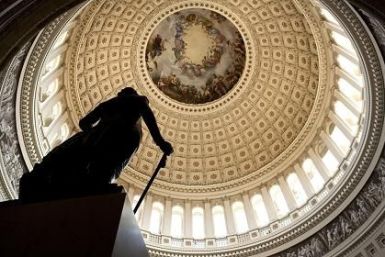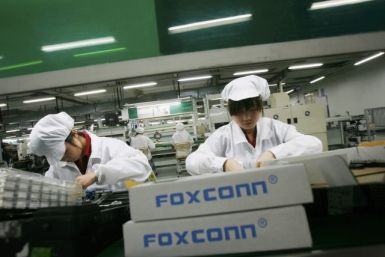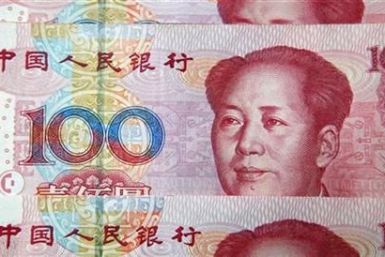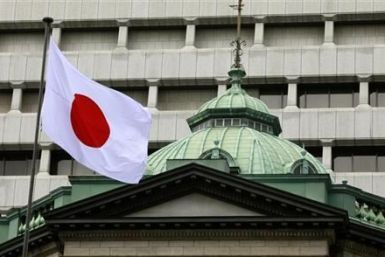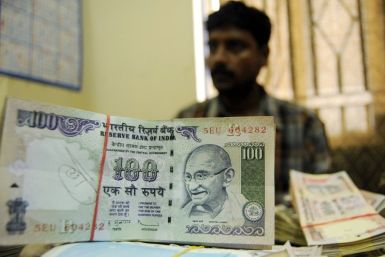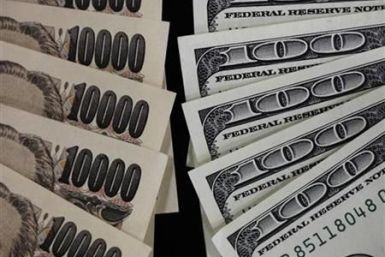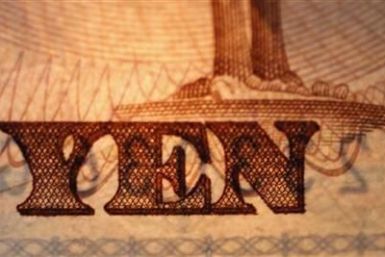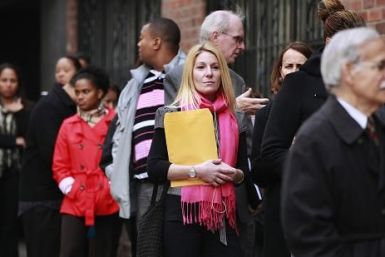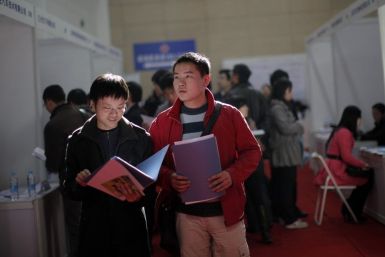S&P said it believes the same conditions that led it to strip the U.S. of its prized AAA rating in August of last year continue to exist.
The euro-zone economy likely contracted further in the fourth quarter and slid deeper into recession.
South Korea’s industrial output rose in November compared to that in the previous month.
While France weathered the 2008 financial and subsequent euro zone crises relatively well, its recovery has been sluggish.
Worries about the fiscal cliff weighed on consumer sentiment in December.
A less volatile measure of initial jobless claims fell to its lowest level since the early days of the 2007-09 recession.
From a potential port strike, to the massacre of South African striking miners, 2012 saw tensions rise between workers and companies.
Thailand's manufacturing, mining and power generation jumped last month compared to November 2011 when destructive flooding sharply curtailed industrial output.
Holiday sales are a crucial indicator of the economy's strength. And an early indicator is lowering the odds for a happy new year.
U.S. defense spending was on the wane even before the threat of sequestration cuts, and more layoffs loom in the sector.
Economists are optimistic about the housing recovery, provided Washington can strike a deal that keeps mortgage deductions and exemptions intact.
Job cuts this year have been driven by a handful of large-scale cuts. So here's a list of the top 10 major layoff announcements we saw in 2012.
The dangerous fiscal deadline isn’t Dec. 31 -– it’s February 2013, when we bump against the debt limit, again.
Almost one-third of China's affluent business people want to put their money overseas, possibly hurting China's local economies.
Sales of armored backpacks have spiked in recent days following Friday’s Sandy Hook Elementary School shooting in which 20 children were killed in Newtown, Conn.
China's Foxconn decreased its employees' overtime hours, but employees are saying the restricted hours don't let them make enough money.
China's landscape has changed drastically, and it now contains one-third of the world's tallest buildings. Plans to build even more are underway.
The Reserve Bank of India in an unexpected move decided to keep the key interest rates and cash reserve ratio unchanged in a monetary policy review, citing the fragile global economic situation but said the policy focus was shifting towards growth, indicating monetary easing in the next quarter review.
Foreign direct investment (FDI) inflows into China fell in November in comparison to the same period last year, as investors, who are concerned about the global economic condition cut down on spending.
Shinzo Abe, leader of the LDP, will tackle Japan’s long-running deflation, but maybe not in the robust way necessary to succeed.
India’s government lowered the country’s economic growth forecast for the fiscal year 2012 indicating that it is in need of stimulus measures to boost the weakening economy.
Japan’s business conditions in the manufacturing sector continue to falter as the weak global economic situation is affecting its economy.
U.S. consumer prices declined in November for the first time in five months, falling 0.3 percent, as gasoline price declines offset increases in other areas, the U.S. Labor Department announced Friday.
Egypt is at risk of descending into a cycle of economic crisis feeding into political crisis, as it had to delay asking for an IMF loan.
India’s headline inflation declined moderately to 7.24 percent in November from 7.45 percent in October.
Japan’s industrial output rose in November, but less than expected, indicating the world’s third largest-economy continues to weaken.
China's manufacturing activity expanded to a 14-month high in December, according to the HSBC Purchasing Managers’ Index released Friday.
Claims are now below pre-Sandy levels and near their lowest point in about four years.
The Bank of Korea Thursday announced its decision to keep the policy rate at 2.75 percent, withstanding the pressure from the market participants for additional stimulus measures to give a boost to the country's weakening economy.
Even in China's red-hot economy, recent graduates aren't securing jobs. But it's not always because they can't find them.



